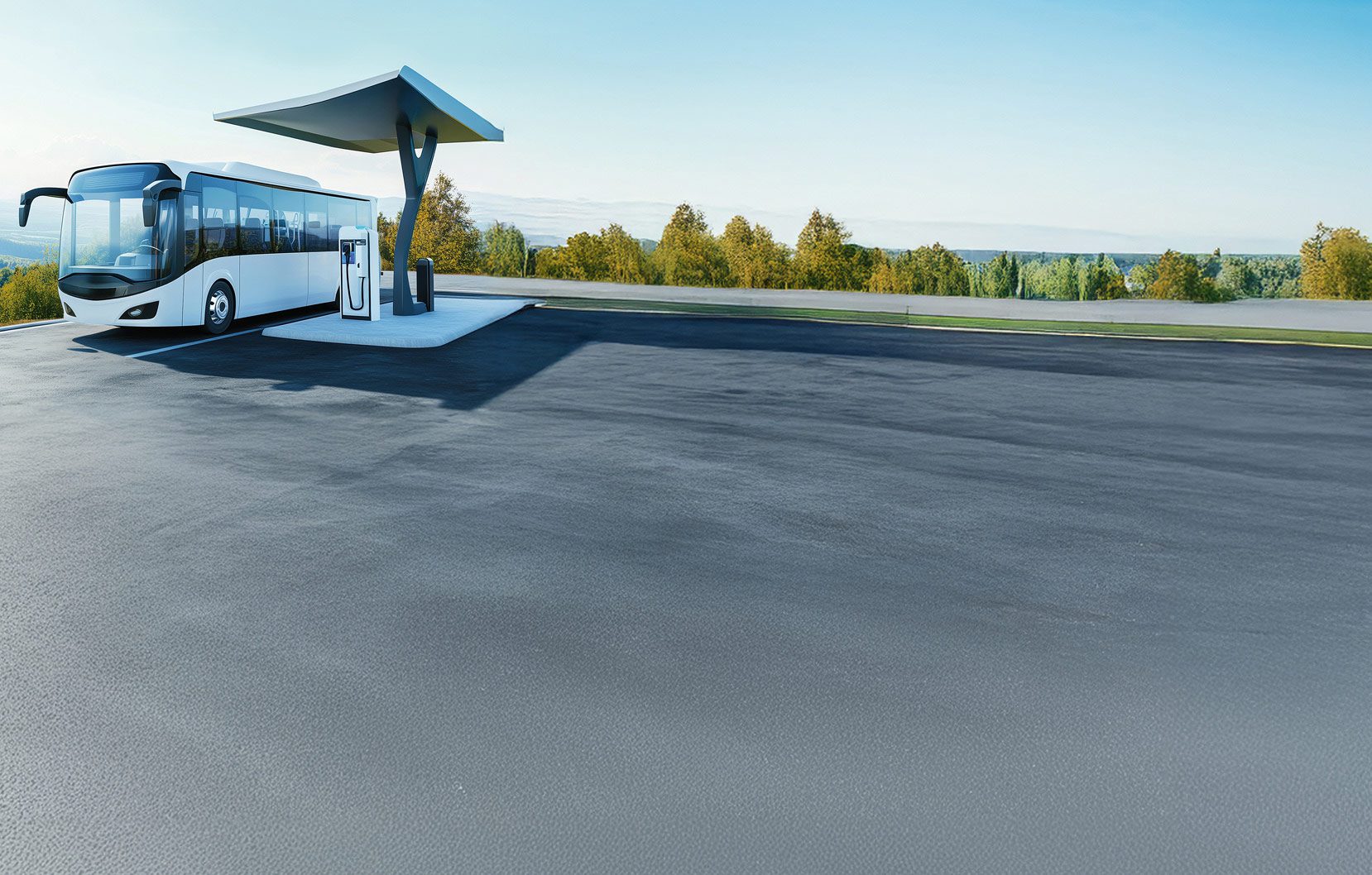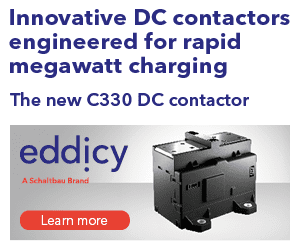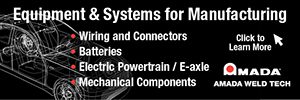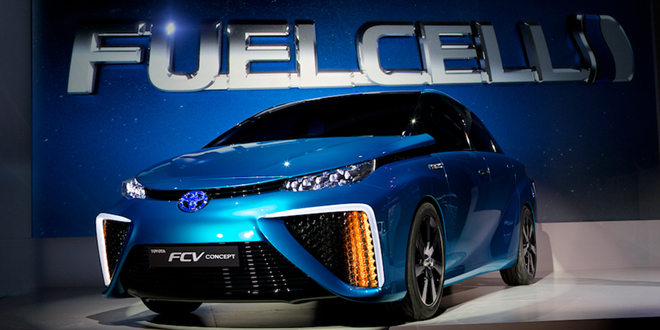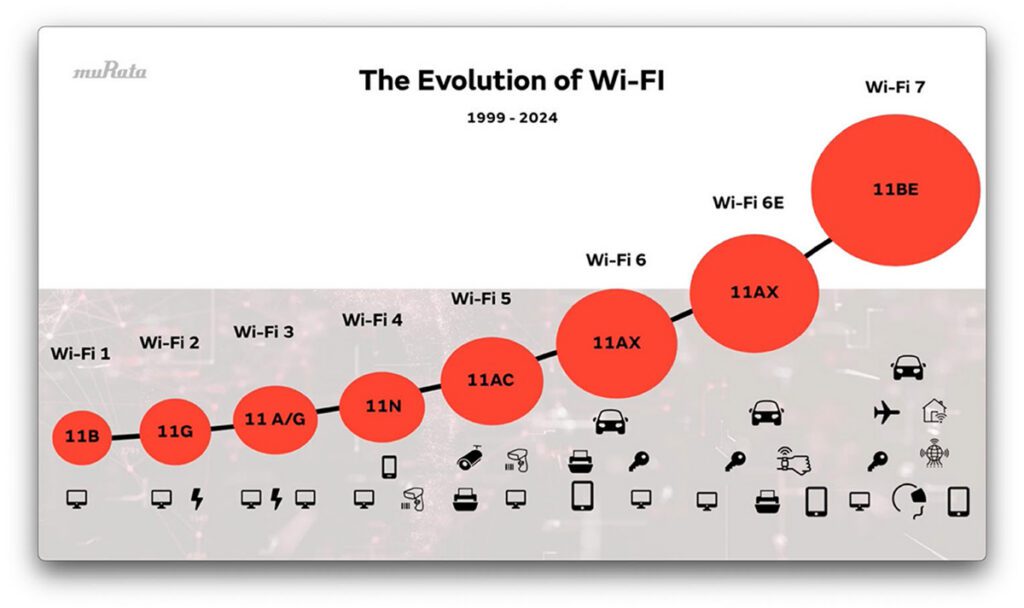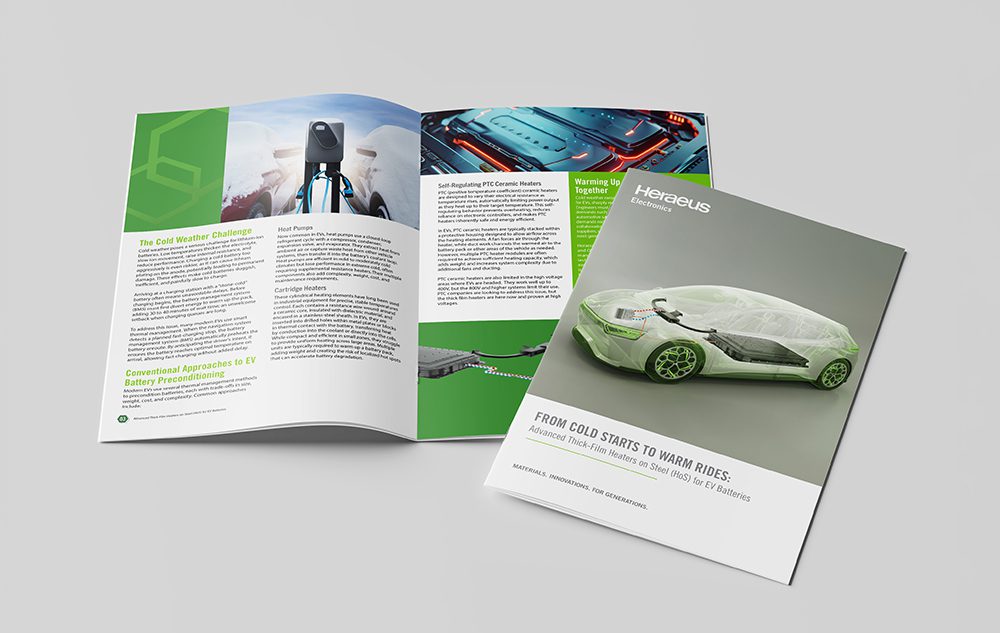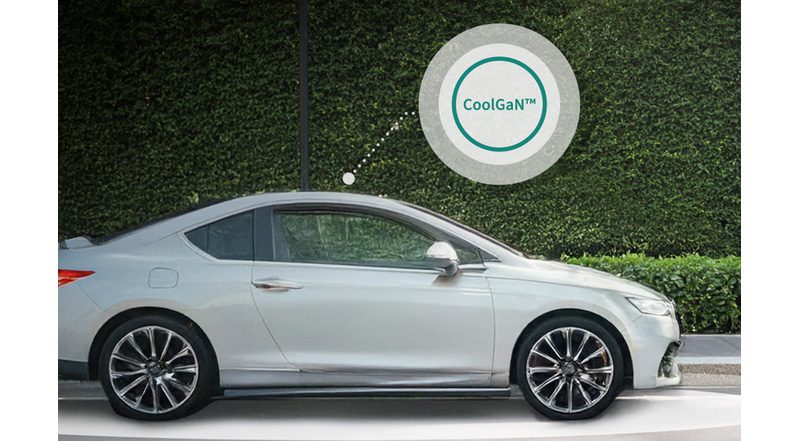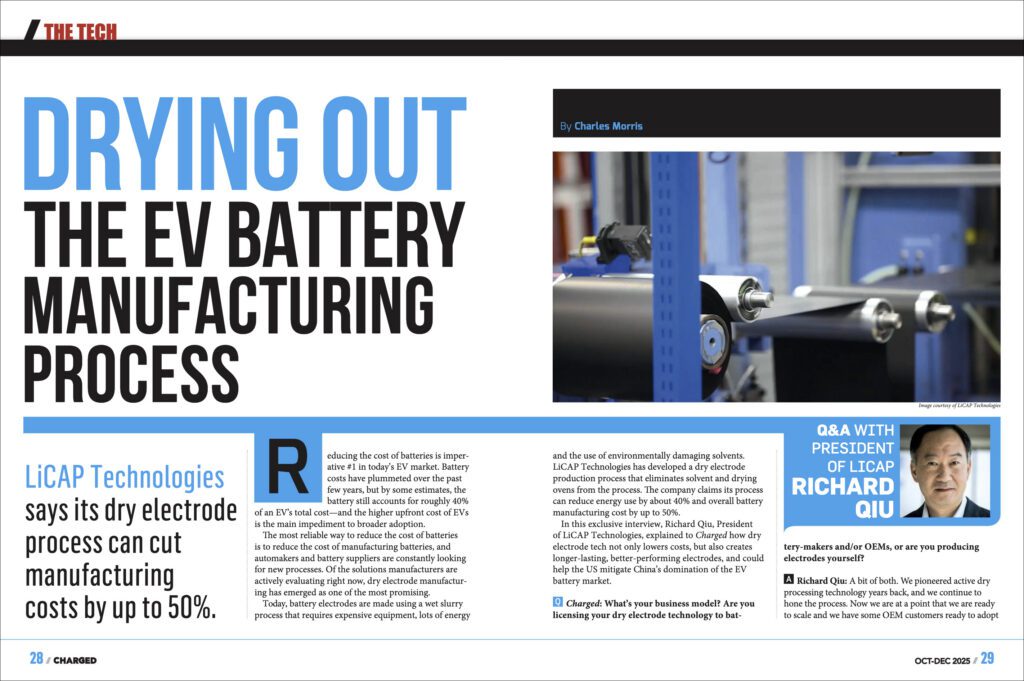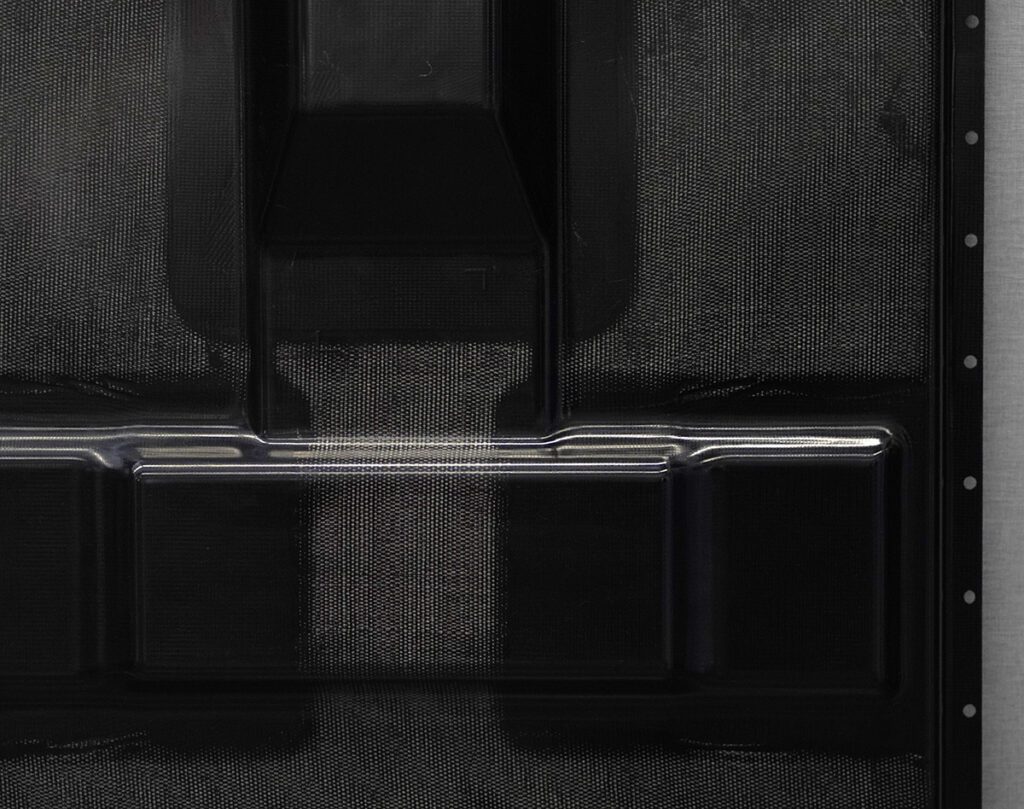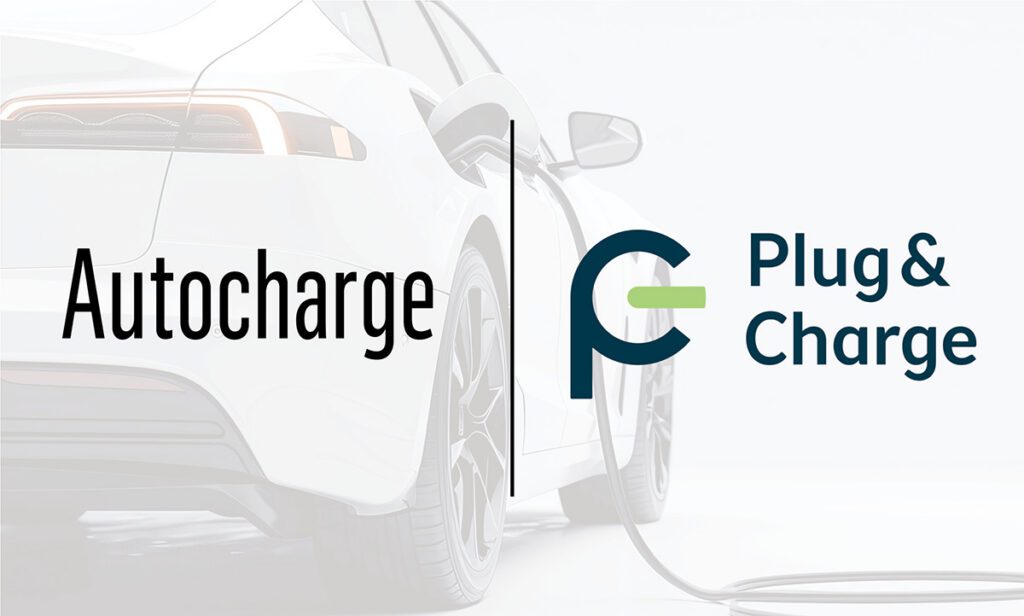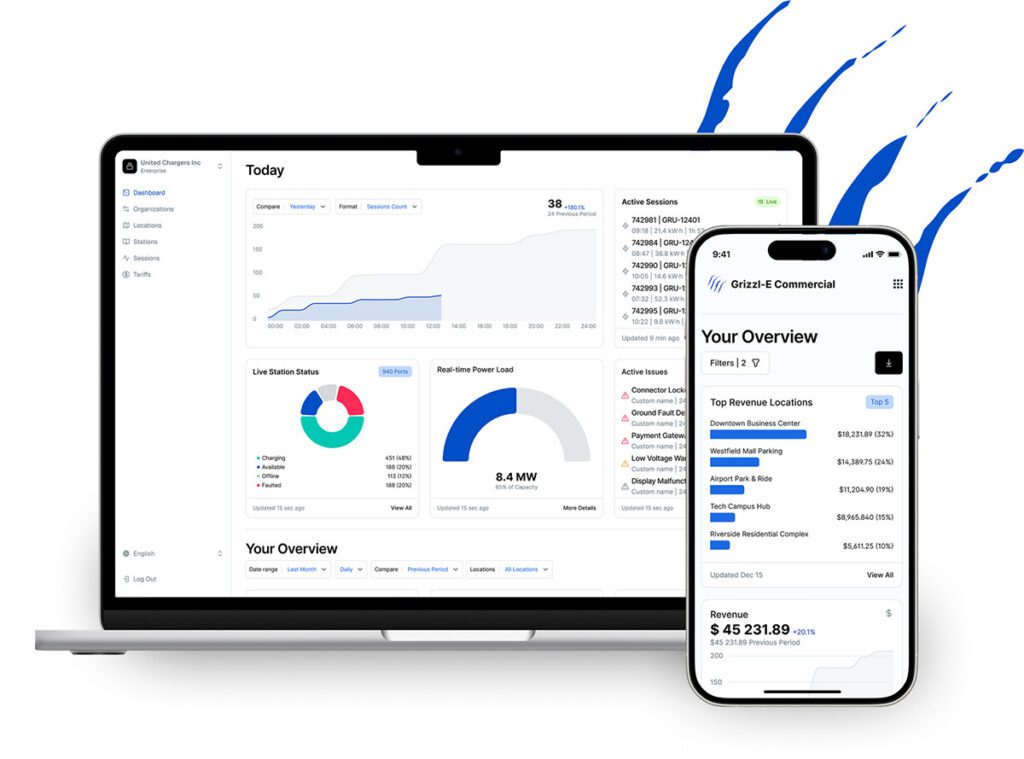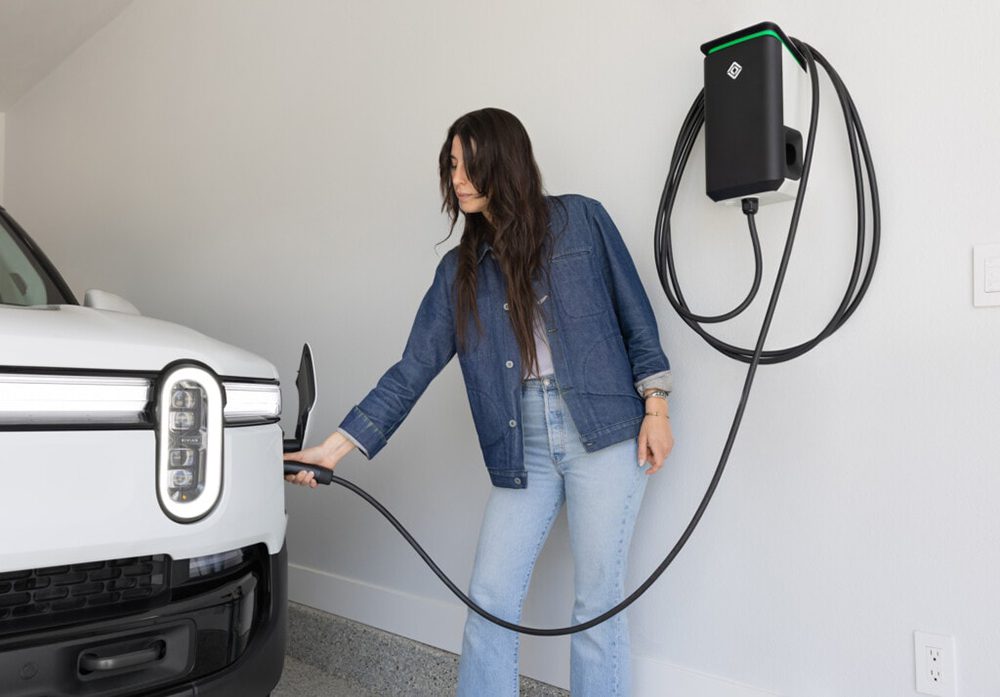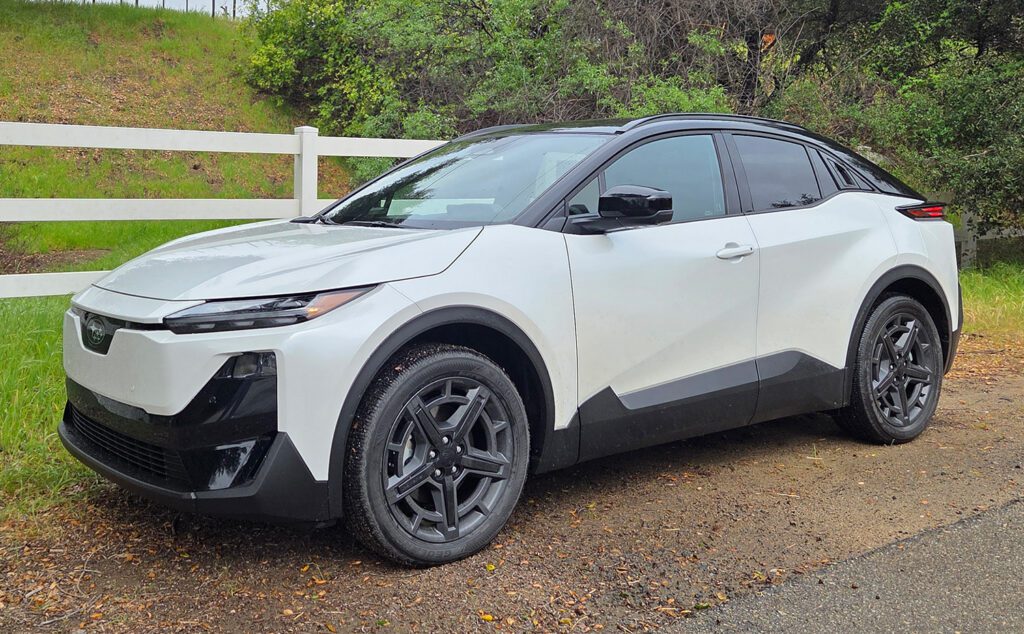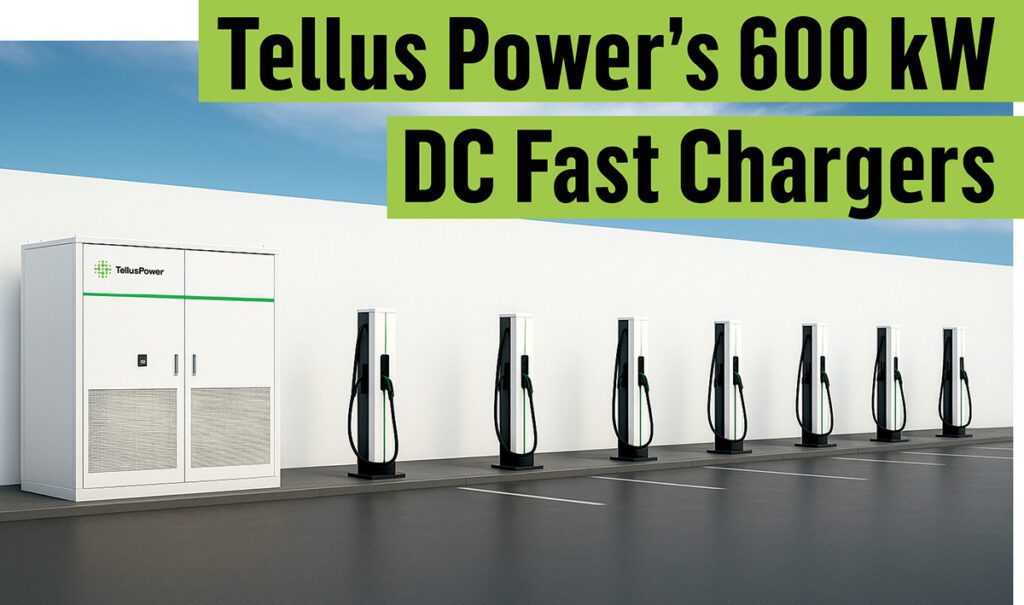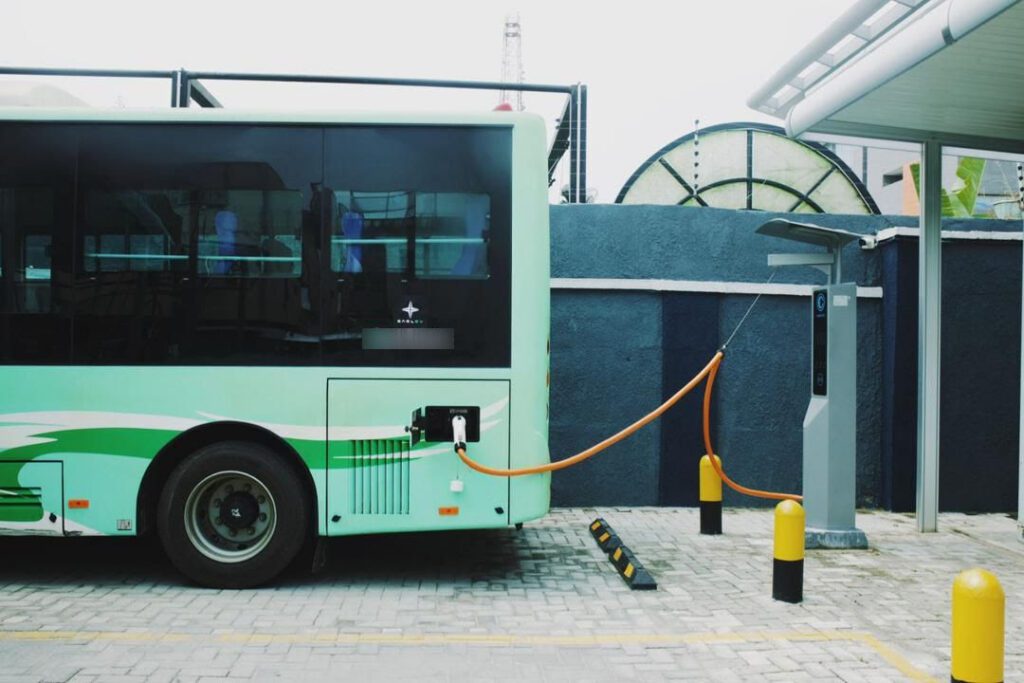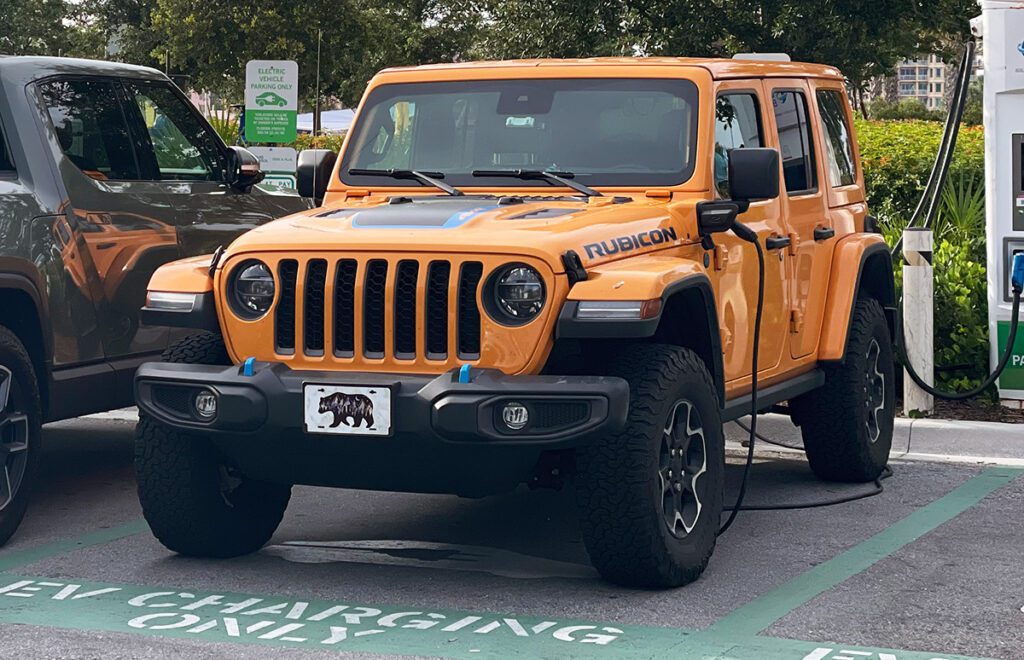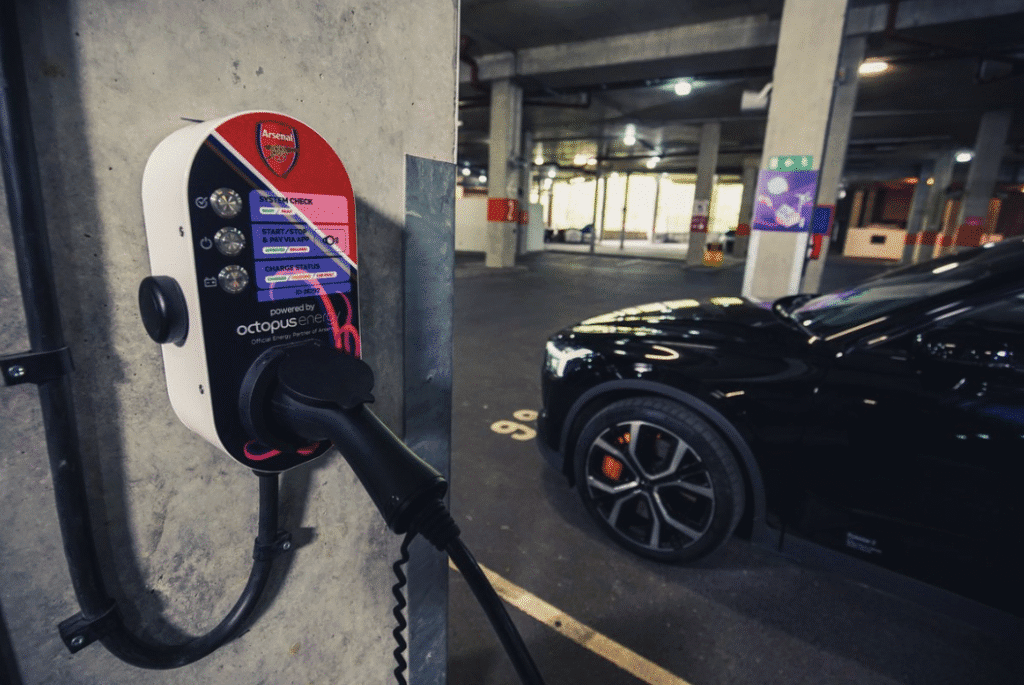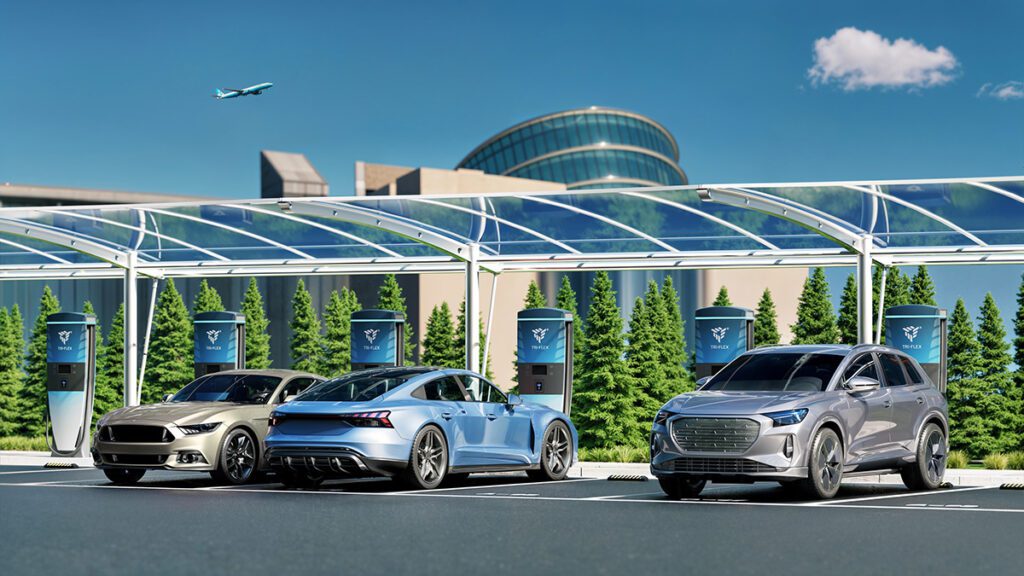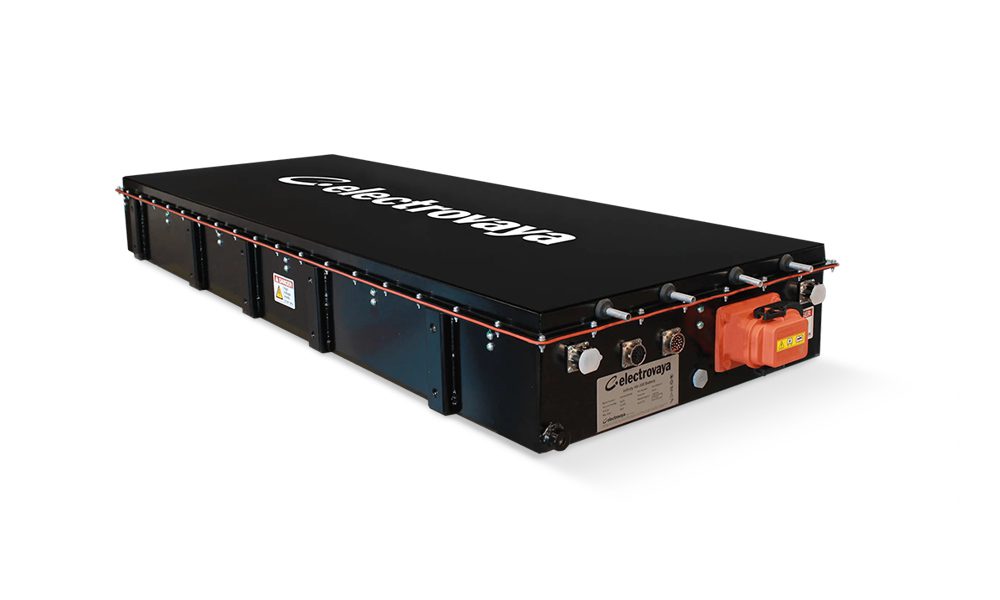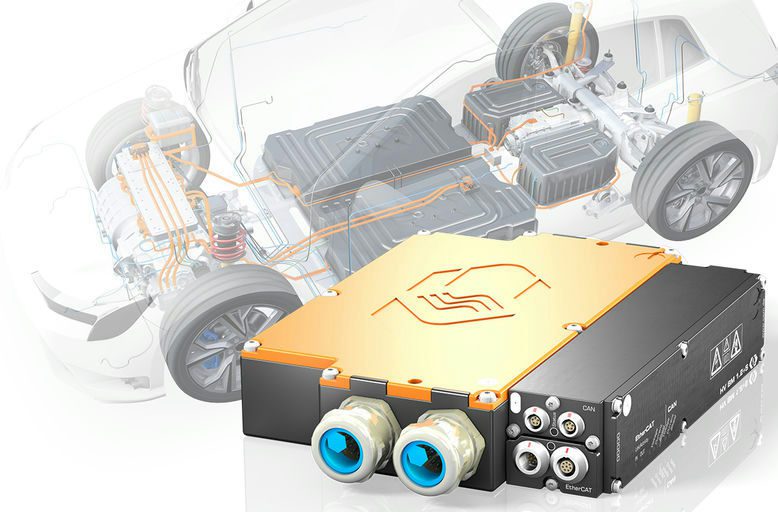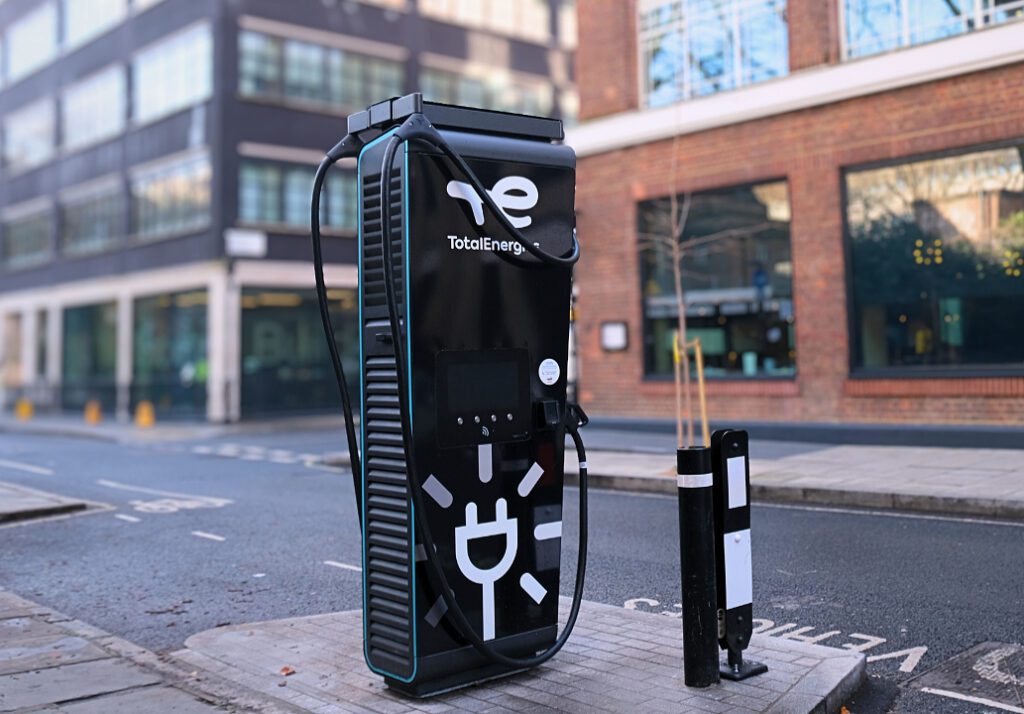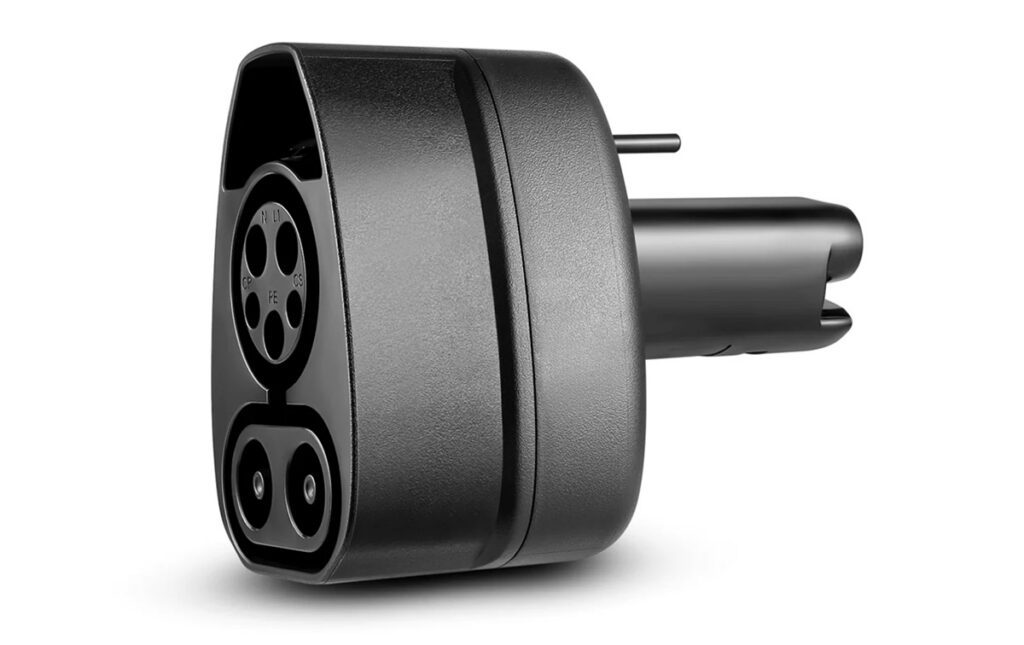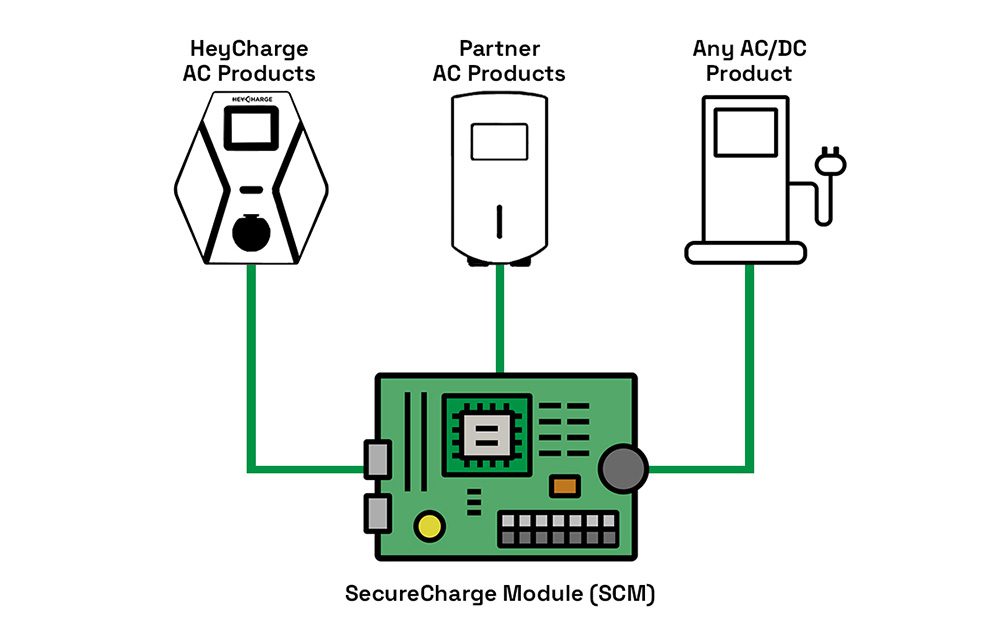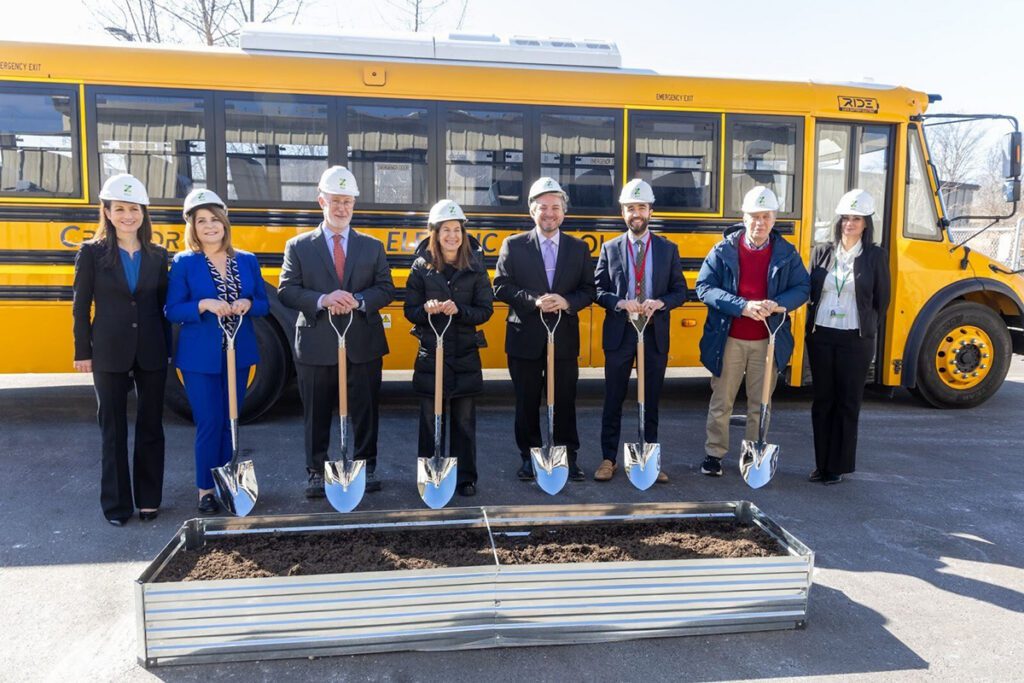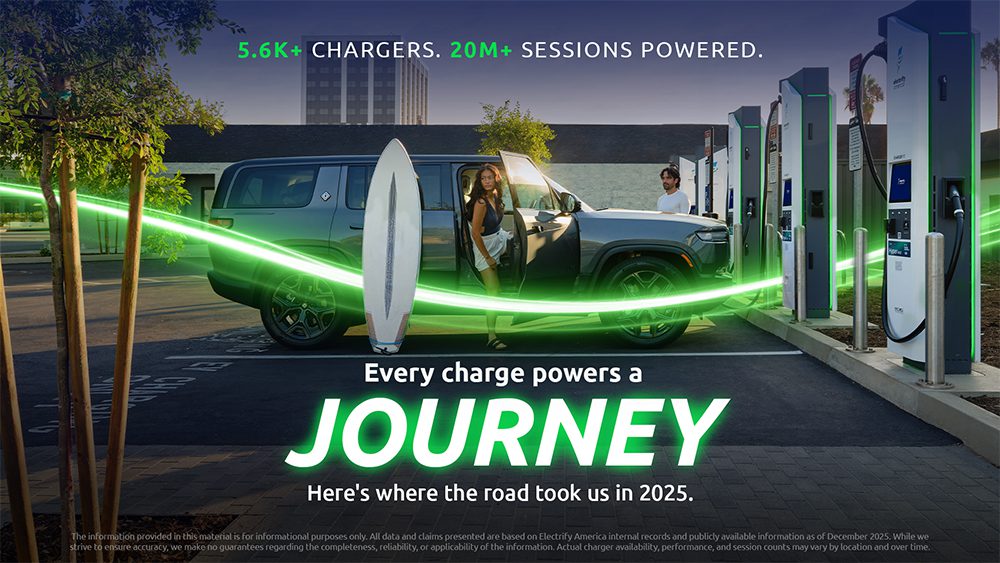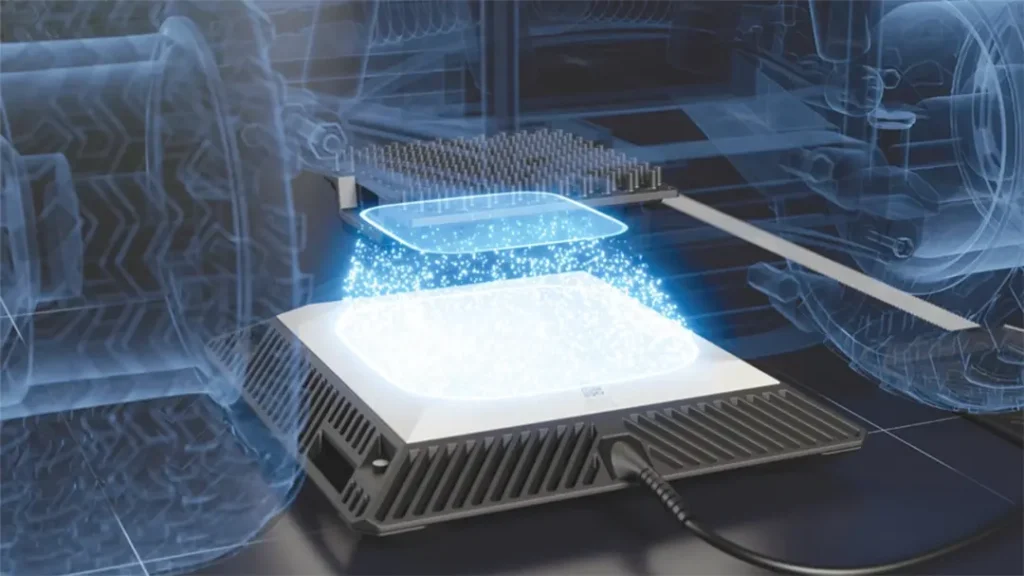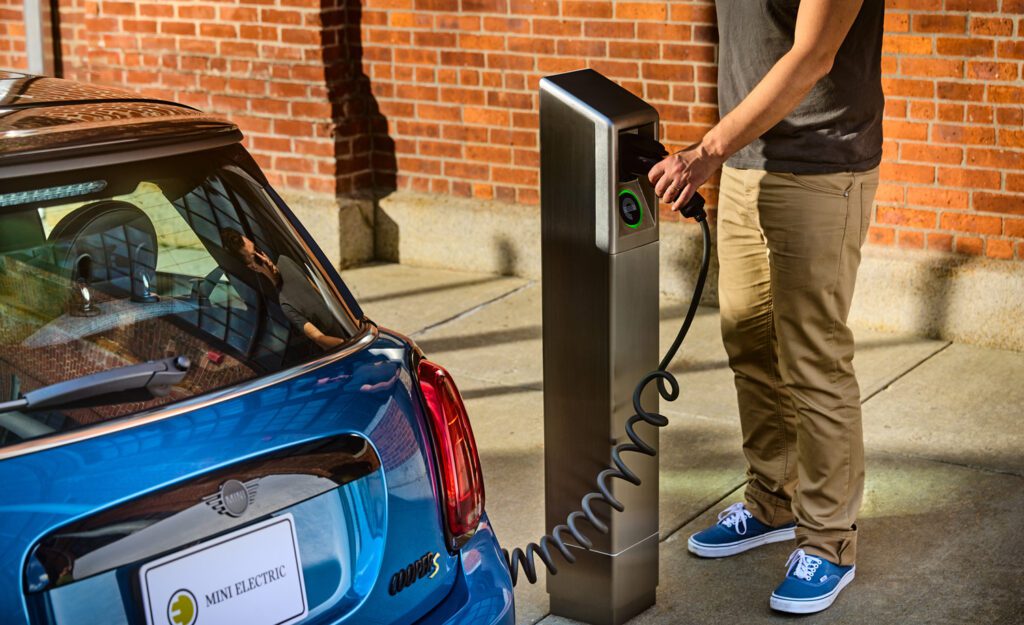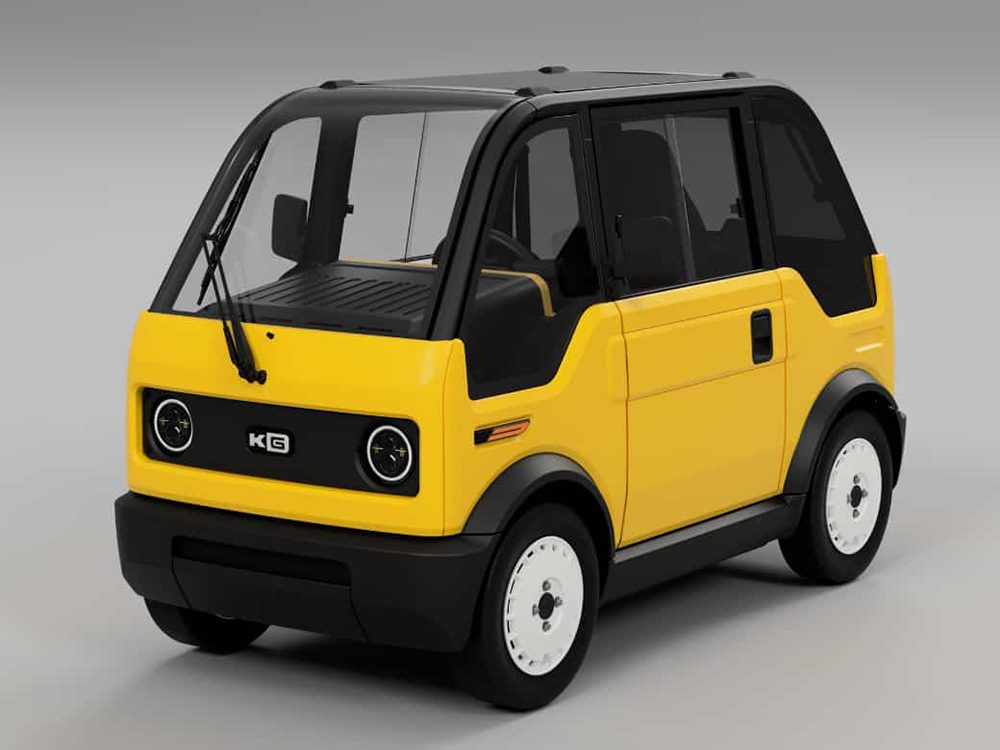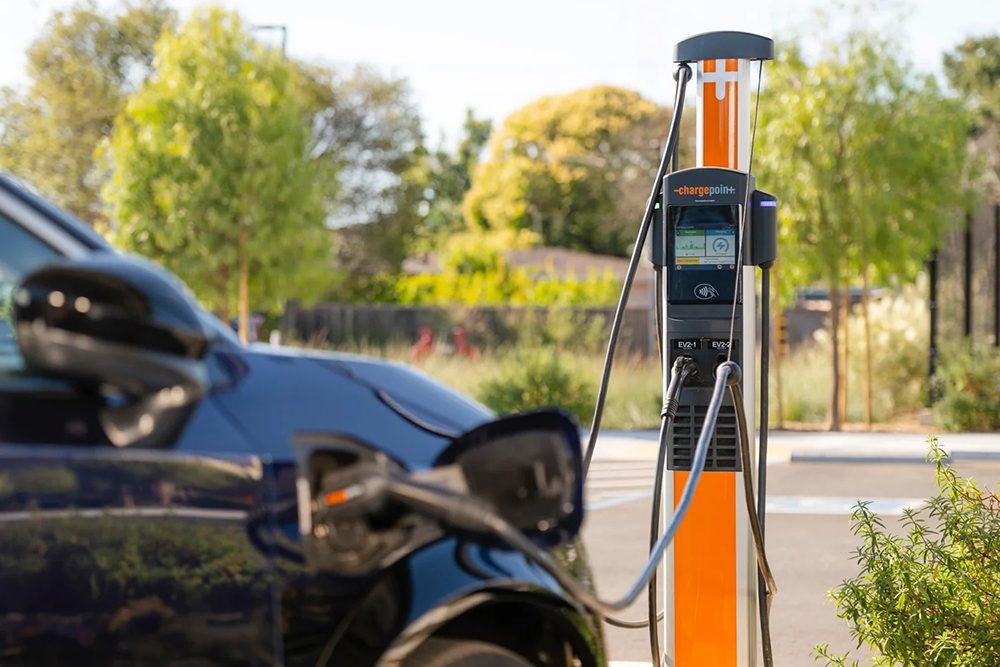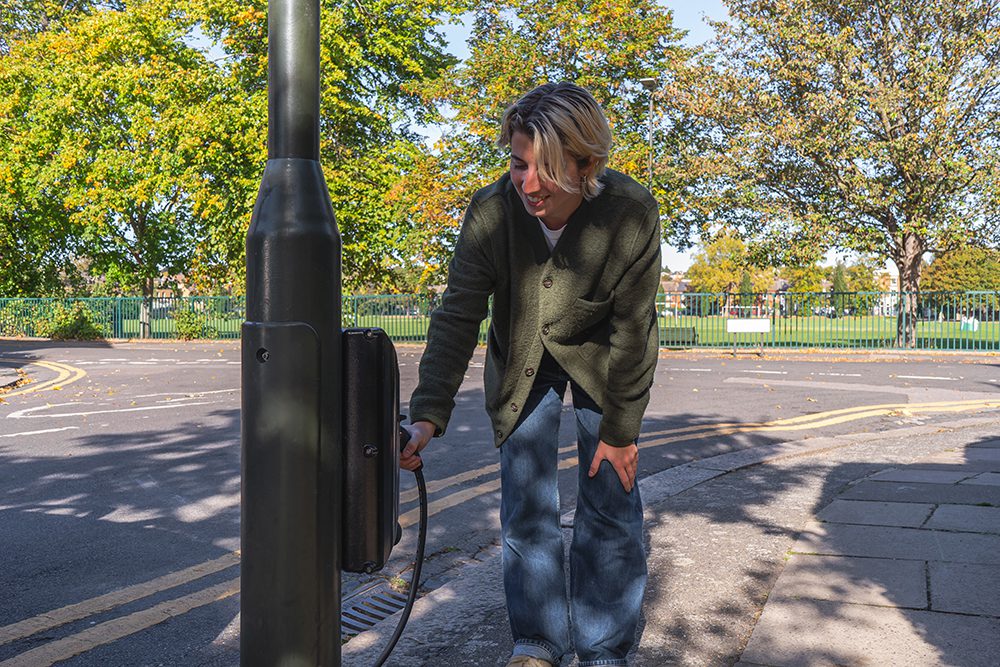A top Toyota executive has confirmed what was already apparent to EV industry insiders: the Japanese automaker is placing all its chips on hydrogen fuel cell technology, and abandoning efforts to develop battery-electric vehicles.
In an interview with Automotive News at Fortune magazine’s Brainstorm Green conference, Jim Lentz, CEO of Toyota North America, said that Toyota believes battery-electric vehicles are viable only as “short-range vehicles that take you that extra mile, from the office to the train, or home to the train, as well as being used on large campuses. But for long-range travel primary vehicles, we feel there are better alternatives, such as hybrids and plug-in hybrids, and tomorrow with fuel cells.”
Lentz also claimed that hydrogen fuel cells are cheaper on a cost-per-vehicle basis and more efficient on a well-to-wheel basis (an assertion that the engineers at Tesla, among others, would surely challenge – see our recent feature article on the pros and cons of BEVs vs FCVs).
Toyota recently announced that it would allow its deal with Tesla to supply batteries for the RAV4 EV to expire this year. “We learned a lot about being a smaller entrepreneurial company in the auto business and being faster to market,” Lentz said of the partnership. “They learned about our quality control. It was more about two types of companies working together than about batteries. We’re not anti-battery. We are a big battery company. We have 6 million hybrids running on batteries.”
Toyota plans to bring a fuel cell vehicle to market in 2015, and is busily building up infrastructure in California. It has made a $7-million loan to a company called FirstElement Fuel to help build refueling stations. FirstElement, led by former GM marketing chief Joel Ewanick, plans to have a network of hydrogen fueling stations up and running by fall 2015.
By the end of 2016, California should have 50 stations in operation, Lentz said. “My hope is that other automakers will see our investment and will invest as well, so hopefully we can accelerate to 70 [stations] before 2018. Unlike hybrids when we were on our own, all the major players will be out there with us in fuel cells.”
Source: Automotive News

